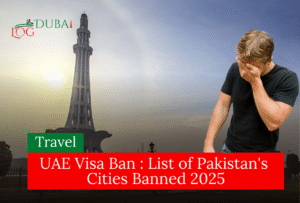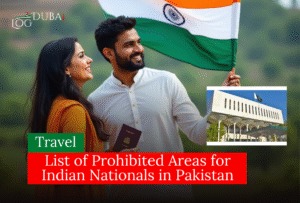Escalation in India-Pakistan Conflict as Modi Responds to Pahalgam Massacre
May 1, 2025 – In a dramatic turn of events, India has carried out a military strike inside Pakistan, following last week’s deadly militant attack in Indian-administered Kashmir that claimed the lives of 26 tourists.
This marks a sharp escalation between the two nuclear-armed neighbors, igniting fears of wider conflict in the region.
India Retaliates for Pahalgam Attack
The military operation comes just days after Indian Prime Minister Narendra Modi vowed to respond with force. The April 22 attack in Pahalgam had triggered national outrage and growing political pressure to act.
India blamed Pakistan-based militants for orchestrating the massacre — a claim Islamabad has denied. Pakistan has called for a neutral investigation, but India moved ahead with what officials describe as a “precision strike” against militant targets across the border.
Pakistan Confirms Airspace Violation, Vows to Respond
Shortly after the strike, Pakistan’s Information Minister Attaullah Tarar acknowledged that Indian aircraft had entered Pakistani airspace. Tarar condemned the action as “military adventurism” and warned of decisive retaliation.
“Pakistan reserves the right to respond at a time and place of its choosing,” said a statement from Pakistan’s Ministry of Defense.
Military Movements Escalate Along Line of Control
Tensions have flared along the Line of Control (LoC) in Kashmir, with reports of sustained cross-border shelling and troop deployments by both nations.
India’s strike is reminiscent of the 2019 Balakot airstrikes, which were conducted in retaliation for a suicide bombing on Indian troops. This current escalation could lead to a similar cycle of retaliation unless de-escalation efforts succeed.
Diplomatic Fallout Deepens
The military strike has led to immediate diplomatic consequences:
- Pakistan has lodged a strong protest with the United Nations Security Council.
- India has raised alert levels in northern states bordering Pakistan.
- Both countries have closed their airspace to each other’s airlines.
- International airlines are now rerouting flights away from South Asian airspace.
Global Powers Urge Calm
The United States and China have both called for urgent de-escalation.
- U.S. Secretary of State Marco Rubio urged both governments to re-establish communication and avoid further hostilities.
- China’s Foreign Ministry expressed concern, warning that continued conflict threatens broader regional stability.
Water, Visas, and Cross-Border Restrictions
In the days leading up to the strike:
- India suspended its participation in the Indus Water Treaty, a critical agreement governing water sharing.
- Both nations canceled visas and expelled diplomats.
- Citizens were instructed to return home as tensions climbed.
Pakistan has warned that any attempt to divert water from the Indus River System would be considered an act of war.
Conclusion: Regional Peace at Risk
With India’s military strike on Pakistan, one of the world’s most volatile rivalries has entered a dangerous new phase. While global powers call for peace, the risk of a full-blown conflict looms.
This is a developing story. Stay tuned for real-time updates on India-Pakistan military tensions and Kashmir conflict news.










